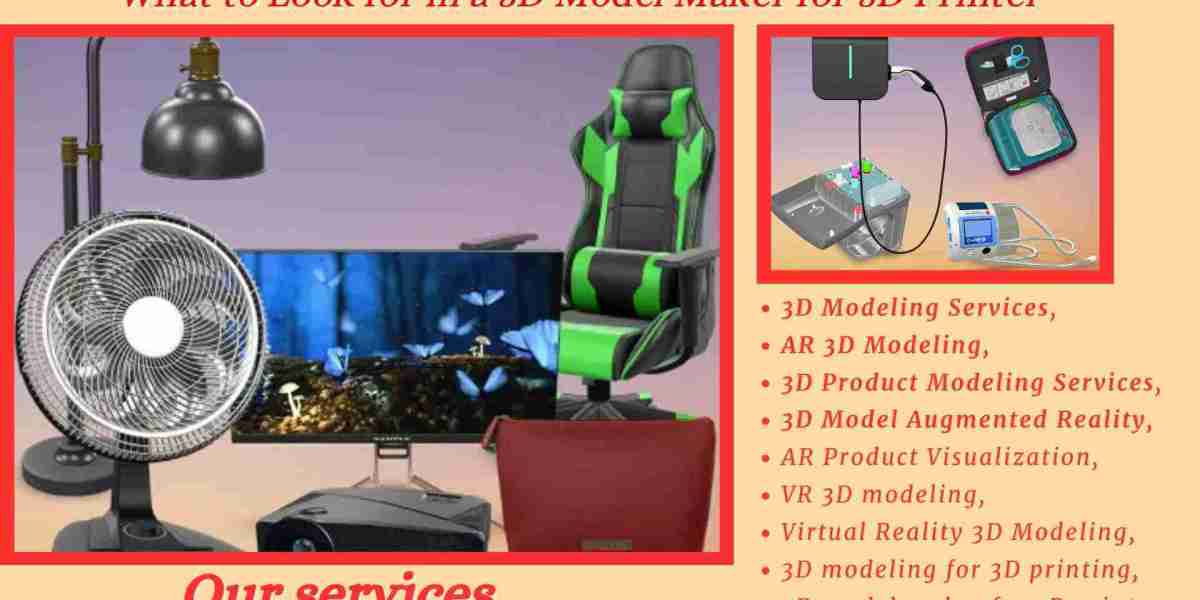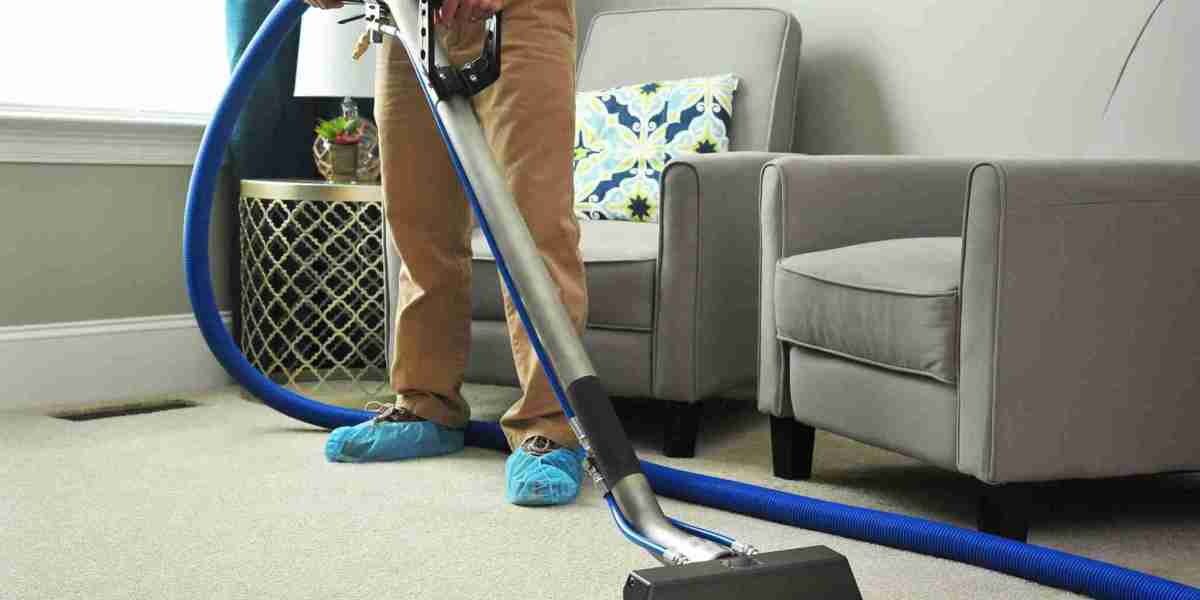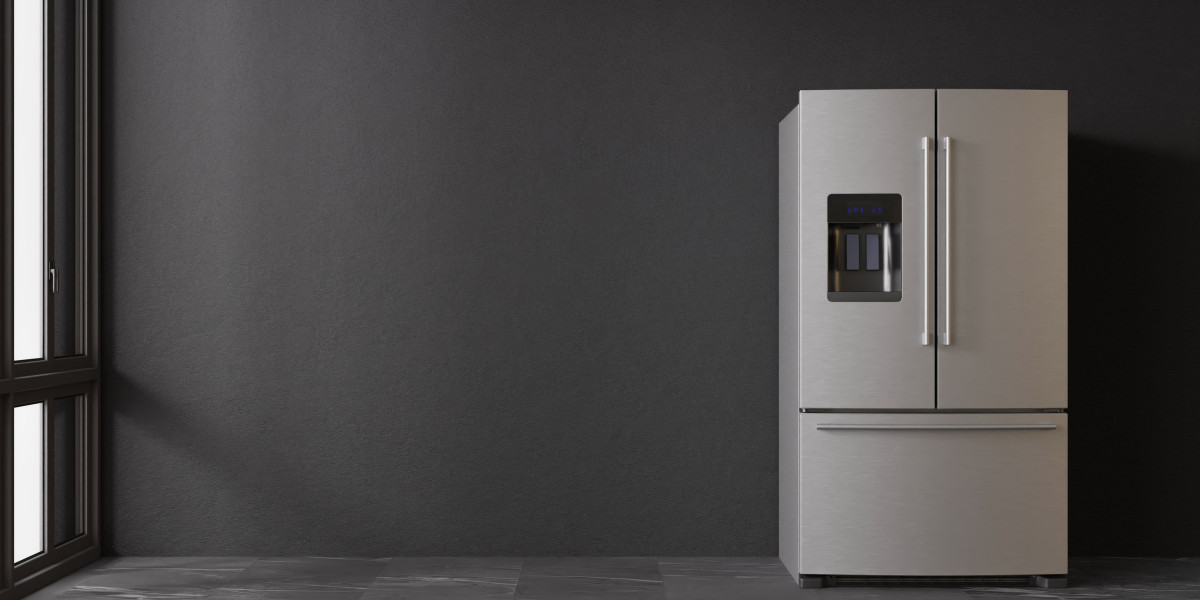3D Model Maker for 3D Printer
The world of 3D printing has transformed product design, prototyping, and even end-use manufacturing across industries. If you're planning to create high-quality prints, whether for personal use or commercial projects, the first and most important step is choosing the right 3D Model Maker for 3D Printer.
1. Expertise in 3D Modeling for 3D Printing
Not all 3D modeling services are equal. Some specialize in game assets or animation, while others focus on 3D Modeling for 3D Printing. It’s essential to ensure the 3D modeler you hire has experience designing specifically for printing purposes.
Why? Because printable models require:
- Watertight (manifold) geometry
- No non-manifold edges or inverted normals
- Correct wall thickness and scale
- Optimized topology for slicers
A 3D model that looks perfect on screen may fail during slicing or printing if it's not prepared correctly. An experienced 3D Model Maker for 3D Printer use will understand these technical nuances and design accordingly.
2. Familiarity with File Formats and Printer Compatibility
Different 3D printers support different file formats, such as STL, OBJ, or 3MF. Your modeler must know which formats work best with your 3D printer.
For example:
- OBJ files include color and UV mapping data, useful for more advanced vr 3D modeling or AR Product Visualization.
A reliable 3D Modeling for 3D Printing will also tailor the model to your printer’s resolution, build volume, and material compatibility.
3. Understanding of Applications: AR, VR, and Product Prototyping
Depending on your goals, you might want your 3D model to serve multiple functions — not just physical printing but also digital visualization. In this case, look for professionals who offer:
- AR 3D modeling for interactive mobile apps
- VR 3D Modeling for immersive virtual reality platforms
- 3D Model Augmented Reality integration for real-time visual inspection
Many advanced product teams now use 3D Model Maker for 3D Printer use to develop functional prototypes while simultaneously preparing models for digital environments.
4. Strong Portfolio of Past Work
One of the best ways to evaluate a 3D model maker is by reviewing their portfolio. Check whether their previous projects are similar in complexity and purpose to your own.
Look for:
- Models that were successfully 3D printed
- Visuals showing before-and-after shots or rendered prototypes
- Any experience in virtual reality 3D modeling or AR Product Visualization, if you need digital integration
An impressive portfolio not only reflects the artist’s technical ability but also their attention to detail and creativity, both essential for print-ready modeling.
5. Proficiency in Relevant Software Tools
A professional 3D model maker for 3D printer work should be proficient in industry-standard CAD and modeling software, such as:
- Blender – useful for both modeling and VR 3D Modeling
- SolidWorks – ideal for engineering-grade part design
- TinkerCAD – for simple, beginner-friendly prototypes
Their familiarity with these tools ensures they can deliver complex geometries while maintaining printability.
6. Communication and Iteration
Good 3D Modeling Services involve more than just technical know-how. Clear communication is vital. A professional 3D modeler should:
- Ask the right questions about your printer model, material, and use case
- Provide previews of models during different stages
- Offer minor revisions after feedback
Choose someone who values your input throughout the process.
7. Experience with Product Development and Functional Design
Especially if you’re building enclosures, mechanical parts, or consumer products, 3D model maker should have an understanding of:
- Assembly tolerances
- Snap fits, hinges, and threads
- Heat and structural stress
- Lightweight vs. load-bearing design
Many top-tier 3D product modeling services cater to startups and manufacturing companies that need not just visual prototypes but real-world functional performance.
8. Customization for Emerging Tech (AR/VR Integration)
If your model is intended for use in an augmented reality app or virtual showroom, ensure your 3D Model Maker for 3D Printer understands:
- Polycount optimization for mobile apps
- Texture baking and UV mapping
- Rigging or animation (for AR/VR motion)
- Exporting to Unity or Unreal Engine
Many advanced AR 3D Modeling projects and Virtual Reality 3D Modeling solutions start with printable models that are also used digitally for marketing or interactive product demos.
9. Testimonials and Client Reviews
Whether you're using a freelancer platform or hiring through a 3D modeling company, check reviews from past clients.
- Delivered on time
- It was easy to work with
- Produced high-quality, error-free files
- Supported the print process with tips or troubleshooting
High ratings and positive testimonials indicate a trustworthy partner for your 3D printing journey.
10. Pricing Transparency and Revisions Policy
Professional 3D Modeling Services should offer transparent pricing. Be cautious of extremely low rates — quality modeling takes time and expertise.
Ask about:
- Flat rates or hourly billing
- What’s included in the base cost
- Charges for revisions or different file formats
- Timeline estimates and delivery milestones
A clear pricing structure and revision policy help prevent miscommunication and delays, especially for time-sensitive projects.
Final Thoughts
Hiring a 3D model maker for your 3D printer isn’t just about finding someone who can create a cool-looking object. It’s about partnering with a designer who understands the intersection of digital and physical worlds — one who can deliver clean, functional, and optimized models that meet both printing and visualization goals.
From 3D modeling for 3D printing to AR 3D Modeling and Virtual Reality 3D Modeling, today’s model makers wear many hats. Choosing the right expert means investing in a smoother, more professional product development process, with fewer failed prints, more accurate prototypes, and better user experiences across both digital and physical domains.





